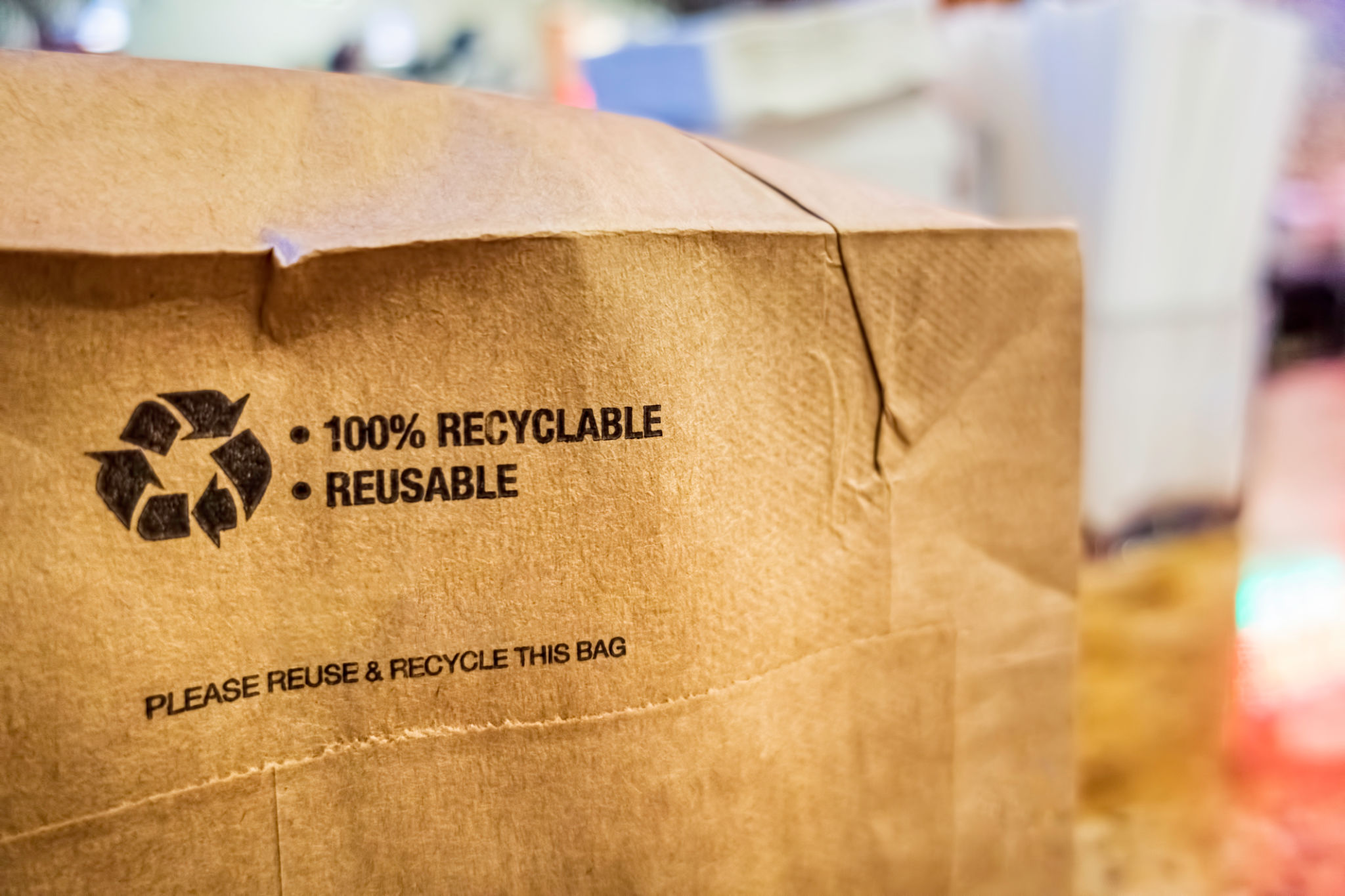Best Practices for Eco-Friendly Moving in New Jersey
Introduction to Eco-Friendly Moving
Moving to a new home can be a daunting task, especially when you want to do it in an environmentally conscious way. Fortunately, there are several best practices you can adopt to ensure your move in New Jersey is as eco-friendly as possible. From reducing waste to choosing sustainable packing materials, these strategies not only benefit the planet but also make your move smoother and more efficient.

Plan Ahead to Minimize Waste
One of the first steps in an eco-friendly move is to plan ahead. Start by sorting through your belongings and identifying items you no longer need. Consider donating, selling, or recycling these items instead of sending them to a landfill. This not only reduces waste but also lightens your load, potentially saving you money on moving costs.
Creating a detailed inventory of your items can also help you assess what you truly need to keep, ensuring you only transport essential belongings. Make it a point to use online marketplaces or local donation centers in New Jersey to give your items a second life.
Choose Sustainable Packing Materials
Opt for environmentally friendly packing materials when preparing for your move. Instead of purchasing new cardboard boxes, consider using reusable plastic bins or renting moving boxes. These options are more durable and can be used multiple times.
For cushioning fragile items, use biodegradable packing peanuts or crumpled newspaper instead of bubble wrap. Also, think about utilizing towels, blankets, and clothing as padding for your breakables. Not only does this method reduce waste, but it also maximizes space efficiency.

Select an Eco-Conscious Moving Company
Research and choose a moving company that aligns with your eco-friendly values. Look for companies that use fuel-efficient vehicles and have a commitment to reducing their carbon footprint. Some companies may even offer carbon offset programs to compensate for emissions produced during the move.
Additionally, ask potential movers about their sustainability practices. A reputable company will be transparent about their efforts to minimize environmental impact and may provide additional tips for green moving.
Reduce Your Carbon Footprint
Consider ways to reduce your carbon footprint during the move itself. If you are relocating within New Jersey, try to consolidate trips to minimize fuel usage. Carpooling with friends or family members can also cut down on emissions.

If possible, schedule your move on less busy days to avoid traffic congestion, which can increase fuel consumption. By being mindful of these factors, you contribute to a more eco-friendly moving process.
Dispose of Household Hazardous Waste Responsibly
Before moving, it's crucial to safely dispose of any household hazardous waste such as paints, batteries, and electronics. New Jersey offers various drop-off locations and recycling programs specifically designed for these materials. Proper disposal prevents harmful substances from contaminating the environment.
Check with your local waste management authorities for guidelines on how to dispose of these items correctly. By taking these steps, you ensure that your move has a minimal negative impact on the environment.
Conclusion: A Greener Move
Embracing eco-friendly practices during your move in New Jersey is not only beneficial for the environment but also simplifies the transition to your new home. By planning ahead, choosing sustainable materials, and selecting green moving options, you contribute positively to the planet. Every small effort counts, and together these actions make a significant difference.
